Raise awareness of the problem of marine litter and publicize the CleanAtlantic european project, which in Portugal gave rise to the program “Fishing for a sea without garbage”, is the objective of newspaper reports written by students from the João da Rosa School Group, in Olhão.
The group from Olhano, the first in the Algarve to join the Escola Azul project, was invited two years ago to join CleanAtlantic, «a European project that is being developed in some Portuguese fishing towns (which also exists in other countries) and whose main objective to sensitize the local fishing community to participate in the program “Fishing for a sea without garbage”, by Docapesca», explains professor Nuno Magalhães, coordinator of Escola Azul in João da Rosa.
At first, recalls the teacher, initiatives were planned that "began with the monitoring, by the students involved, of litter at school and marine litter in a coastal area."
«These actions were developed at the beginning of the 2019/2020 school year. Then we should have started a series of activities that involved direct contact with the fishing community, which unfortunately had to be canceled and reformulated because of the pandemic”, adds Nuno Magalhães.
This school year, the project was resumed, with changes to the actions that involve the fishing community, "so as to be able to do them in complete safety."
It was in this context that students from the 2nd cycle of the João da Rosa Group were challenged to write news.
In the end, the works of three students stood out, who the Sul Informação makes it known.
Fishing for a Sea without Trash
Article by Gabriel Duarte – 6thA
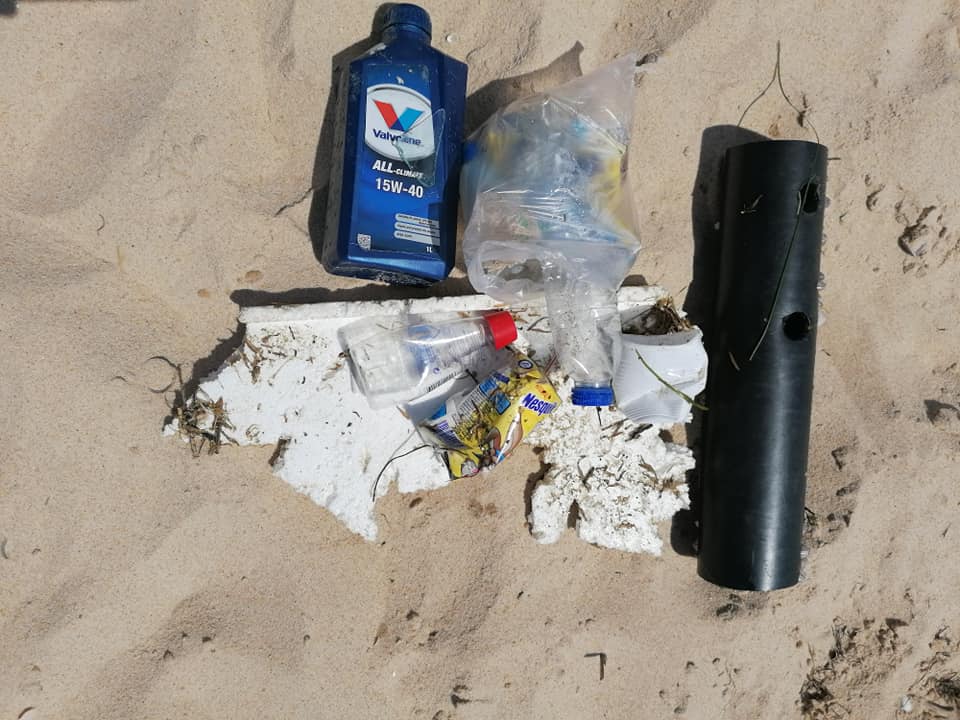
The “Fishing for a Sea Without Trash” project started in 2016 and is included in the CleanAtlantic project. It was created with the objective of cleaning solid waste from the seas. It already covers 17 Docapesca ports in Portugal, including Olhão, and its expansion is planned nationally and internationally.
Using bags and/or containers obtained with the support of the State, fishermen store the garbage they remove from the sea, which is trapped in the nets and which harms their fishing activity, while destroying habitats and killing marine beings.
Once on land, they separate the garbage and place it in the recycling bins, whose location is defined in meetings with representatives of Docapesca, fishing associations and fishermen. The waste will then be collected to be recycled.
In order to better monitor the amount of garbage captured, an application for smartphone which will allow the automatic accounting of the types of waste and the location of the places where the collection took place at sea.
In this way, with the collaboration of fishermen, good results have been achieved with a view to preserving the oceans.
help the oceans
Cristiano Morais – 6th A
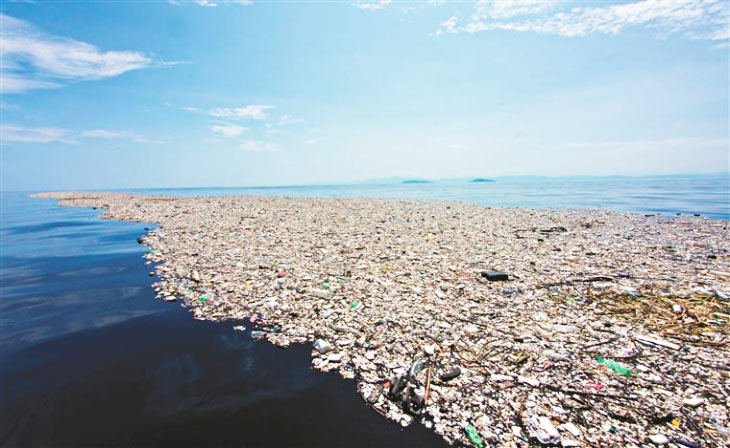
CleanAtlantic came about when the president of a fishing association challenged fishermen to solve the problem of marine litter. This Portuguese project is publicized on social networks, in lectures, in parish councils. More recently, an application is being developed to improve the project.
The biggest obstacles that CleanAtlantic faces today are the closing of the circular economy and waste management.
Currently, the project is present in five countries, including Portugal, where it began in 2017. It started and gradually expanded in the municipality of Peniche and later on to other regions from North to South of Portugal, such as Olhão, Nazaré , Setúbal, Quarteira and Aveiro. It intends to reach all regions of Portugal between this year and next.
The objective of this project, as the name implies, is to clean up the Atlantic Ocean. Marine litter is responsible for a large number of deaths of aquatic animals, caused by ingesting plastics and getting caught in fishing nets.
The fault of the existence of this garbage in the ocean is ours, human beings. 80% of marine litter originates on land and the rest at sea. The majority of marine litter is made up of disposable plastics and the most common litter at sea is plastic bottles and lids.
This type of material takes a long time to decompose, approximately 450 years.
I ask you:
Would you like to live like this, with marine litter almost the same size as the earth and which takes centuries to decay? Or should we collect it and dispose of it sustainably?
There are several ways to help clean up the ocean:
– as a citizen, sorting the garbage, not throwing garbage in the toilet, not leaving garbage in the environment, making friends and family aware of the problem, participating in beach or seabed cleaning initiatives;
– as a professional in the fisheries sector, you should not throw garbage overboard, have bins for garbage on boats, whenever possible bring damaged fishing gear and litter caught in the nets ashore.
Since 1989, more or less, there has been some effort to collect this waste, but it is necessary that everyone does it.
Together we will be able to keep Mother Nature clean, which is healthy for all beings that inhabit planet Earth!
The new CleanAtlantic project
Katia Vicente-Greenaway 6thA
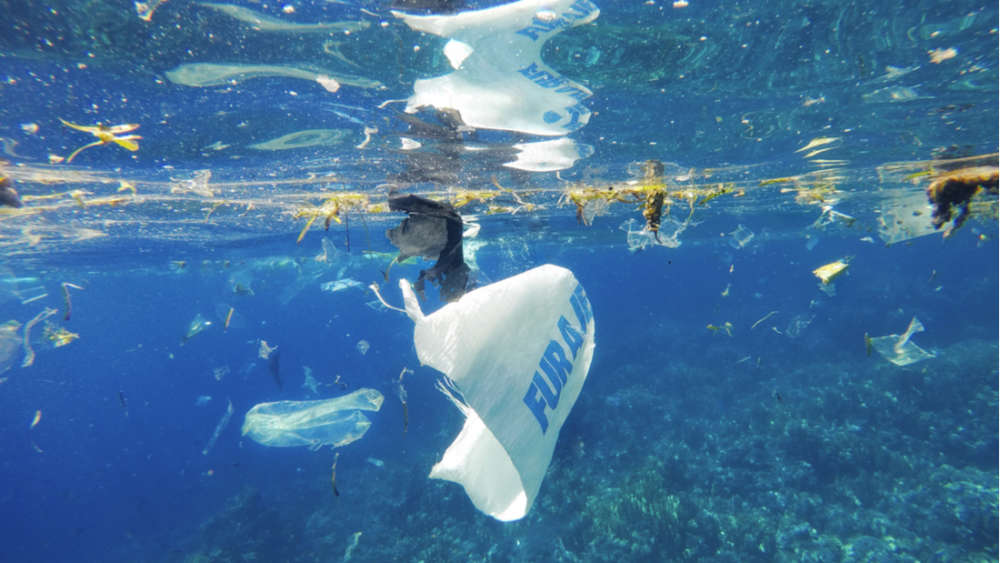
CleanAtlantic is a Portuguese project that aims to clean the oceans. According to statistics, 80% of marine litter comes from the land and 20% from the sea, due to human being's environmental conscience.
Currently, CleanAtlantic has already spread to five countries, including Portugal. In our country, the first intervention was in Peniche. However, it has already reached other zones, such as Aveiro, Setúbal, Nazaré, Olhão, among others. The main objective is to reach all regions that contribute to this pollution.
Whenever CleanAtlantic starts a new project in a region, it aims to:
– Improve waste management on board vessels and at fishing docks;
– Raise awareness and support fishermen in adopting good environmental practices;
– Improve the environmental conditions of the Portuguese coastal zone and preserve marine ecosystems.
The following image shows what can be done to achieve the objectives of this project:
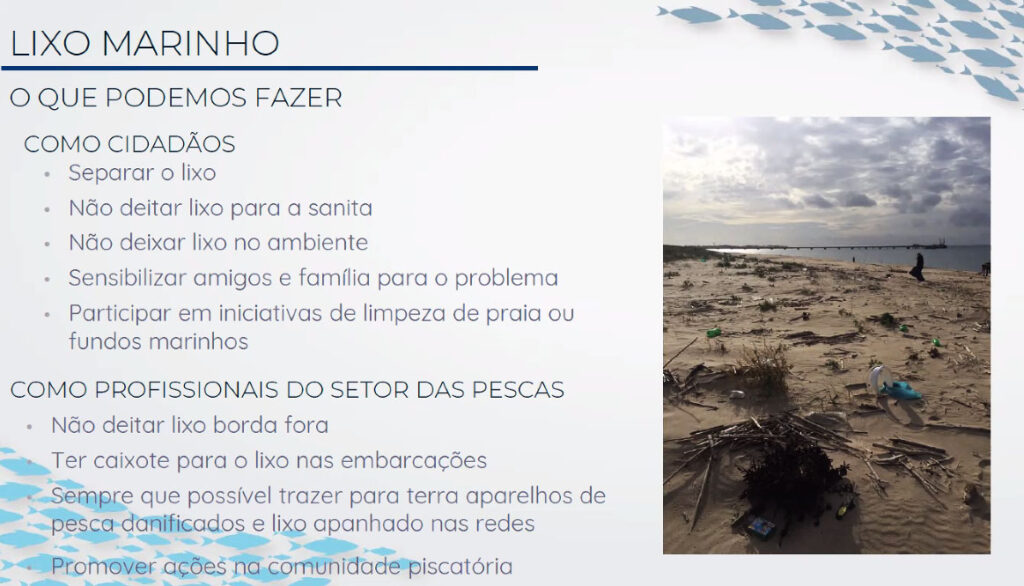
For this project, there will be containers on each vessel and in the ports, as shown in the image:
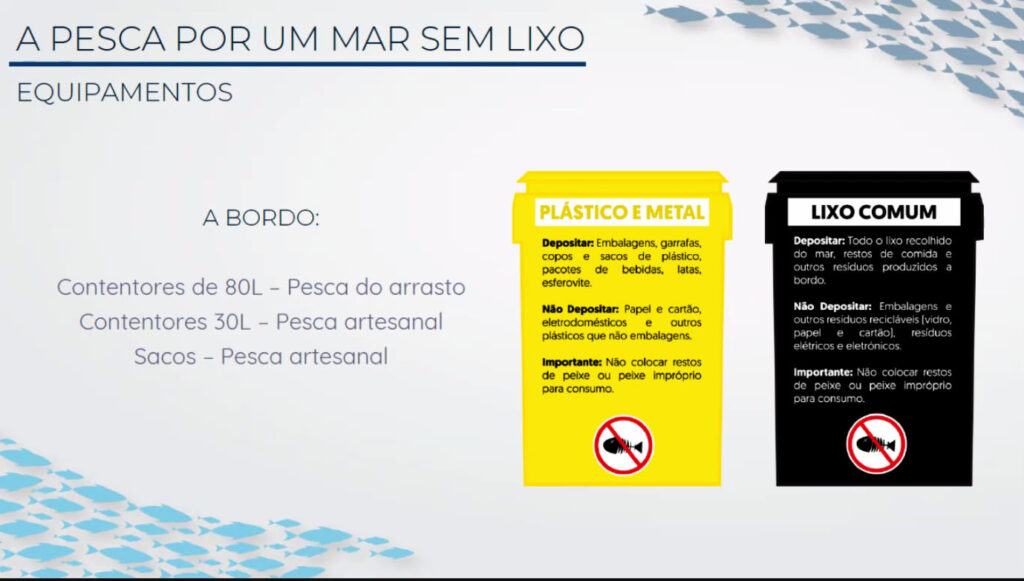
An application is also being developed, with the following features:
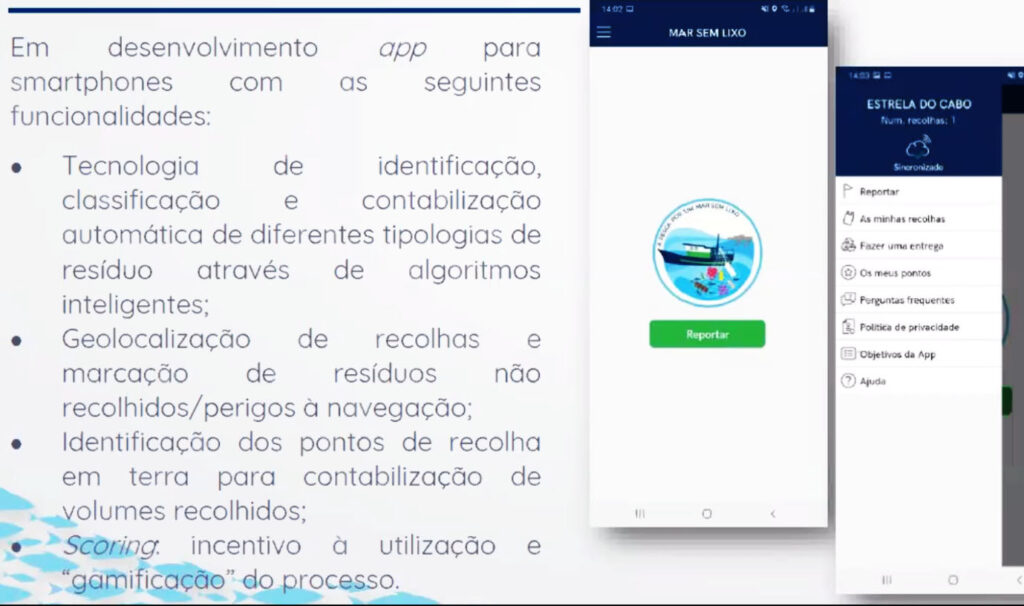
Clean Atlantic has already received financial support from the Portuguese State, facilitating the project's progress.
There are no people who “stop” the project from continuing, but there are some who initially did not collaborate as much as desired.
The project, despite being recognized by the European Union as a collective, is still not properly known by its citizens, with the exception of the Portuguese.
With this project, we hope to improve the marine environment, and save our planet!
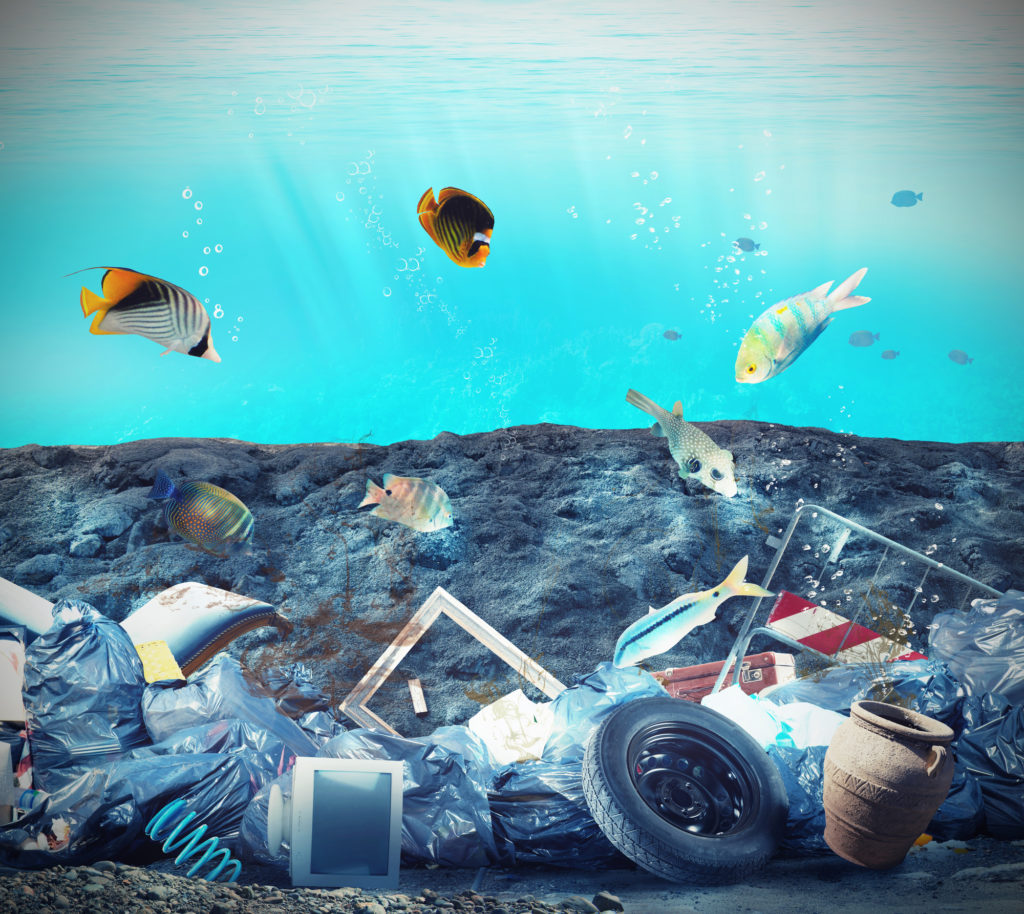



















Comments